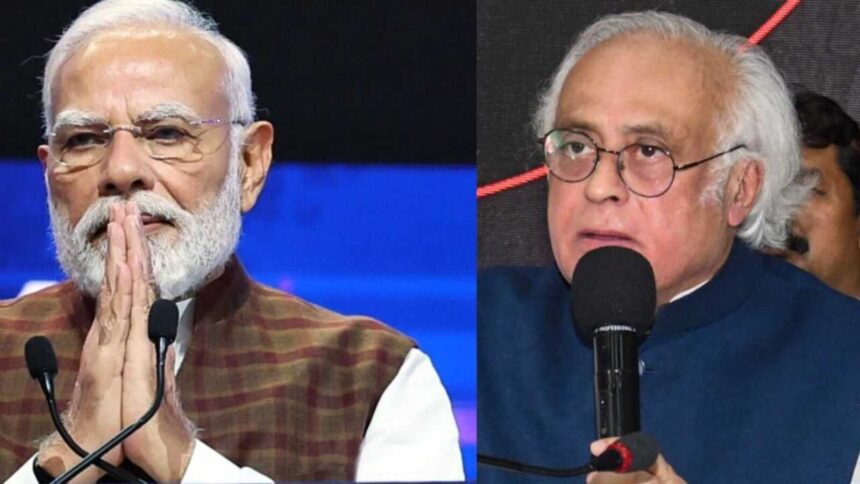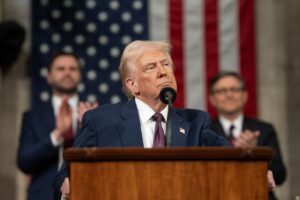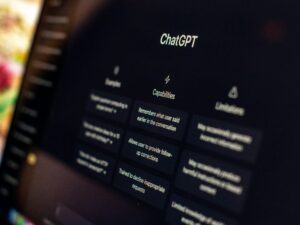Congress leader Jairam Ramesh criticized Prime Minister Narendra Modi following confirmation that he will attend the Association of Southeast Asian Nations (ASEAN) summit virtually, missing a potential meeting with US President Donald Trump.
On Thursday, PM Modi informed Malaysian Prime Minister Anwar Ibrahim of his decision to participate in the summit online. Ramesh remarked that Modi’s absence from the in-person event “means the loss of so many opportunities to hug and get photo ops with world leaders or to flaunt himself as the self-styled Vishwaguru.”
Ramesh further stated that the reason for Modi’s absence is straightforward: “He [Modi] just doesn’t want to be cornered by President Trump who will also be there. He refused an invitation to attend the Gaza peace summit in Egypt a few weeks back, precisely for this reason.”
He emphasized the difference between sharing supportive messages about Trump on social media and physically interacting with him, given Trump’s claims regarding India’s commitments and policies. “It’s far too risky for him,” Ramesh added, even referencing a popular Bollywood song to illustrate Modi’s cautious approach.
In a post on X, Modi noted his willingness to join the ASEAN-India Summit virtually, aiming to enhance the ASEAN-India Comprehensive Strategic Partnership. He did not provide a rationale for his decision to not travel to Kuala Lumpur. The Prime Minister’s Office and the Ministry of External Affairs did not respond immediately to requests for comment.
The Malaysian premier acknowledged Modi’s decision, stating, “He [Modi] said that he would attend online, given the Deepavali celebrations that were still being celebrated in India at that time. I respect the decision and extend my Deepavali greetings to him and all the people of India.”
The 47th ASEAN Summit is scheduled to take place in Kuala Lumpur from October 26 to 28, with participation from all ten members of the bloc along with key trading partners such as China, Japan, and the United States. Malaysia’s foreign minister indicated that Trump would visit the country on October 26, leading to speculation about a possible encounter with Modi, who was initially expected to attend in person.
In related developments, India and the US are currently engaged in a trade dispute, exacerbated by Trump imposing tariffs of 50 percent on Indian exports, partly to penalize the country for its oil purchases from Russia. Trump mentioned that he spoke with Modi, who assured him that India would reduce its energy purchases from Russia. However, New Delhi has not publicly confirmed any commitment to meet Trump’s demands. The resulting tariff rate is among the highest in Asia and has contributed to a noticeable decline in US-India relations, which had been improving over recent years.










